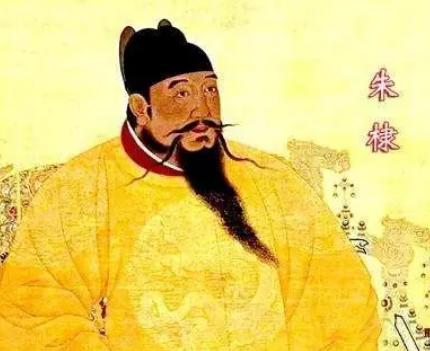Among the seven powerful states during the Warring States period, Qin's economic strength was one of the important factors for its unification of the Six Kingdoms. Although in the early stage, Qin's economic strength was not prominent, it gradually strengthened under a series of reforms and policies, and ultimately became the leader of the Seven Mighty States.

Firstly, Qin's geographical location provided favorable conditions for its economic development. Located in the upstream of the Yellow River basin, Qin had abundant water resources and fertile land, which provided good conditions for its agricultural production. At the same time, Qin also had rich mineral resources such as copper, iron, and tin, which provided an important material basis for its handicraft and military equipment production.
Secondly, Qin's agricultural development level was relatively high. After Shang Yang's reform, Qin implemented a series of agricultural reforms such as the equal distribution of land and emphasizing agriculture over commerce, which greatly improved farmers' enthusiasm for production and promoted the development of agricultural production. In addition, Qin vigorously promoted agricultural technology, such as iron plows and oxen plowing, further improving agricultural production efficiency.
Thirdly, Qin's handicraft and commerce were also relatively developed. Qin's state-run handicraft industry was large-scale and able to produce a large number of high-quality products. At the same time, Qin also encouraged the development of private handicrafts, making the variety of handicraft products even richer. In terms of commerce, Qin implemented a unified measurement and currency system, promoting the development of commerce.
Lastly, Qin's military economic strength was strong. Qin implemented a strict military training and selection system, ensuring the combat effectiveness of the army. At the same time, Qin vigorously developed military industries such as weapon manufacturing and chariot manufacturing, providing strong material support for its military expansion.
In summary, Qin, among the Seven Mighty States of the Warring States period, had a distinct economic advantage. Whether it was agriculture, handicrafts, or commerce, Qin demonstrated strong strength. This enabled Qin to occupy an advantageous position in the competition for supremacy during the Warring States period and ultimately achieved the unification of the Six Kingdoms.
Disclaimer: The above content is sourced from the internet and the copyright belongs to the original author. If there is any infringement of your original copyright, please inform us and we will delete the relevant content as soon as possible.
































